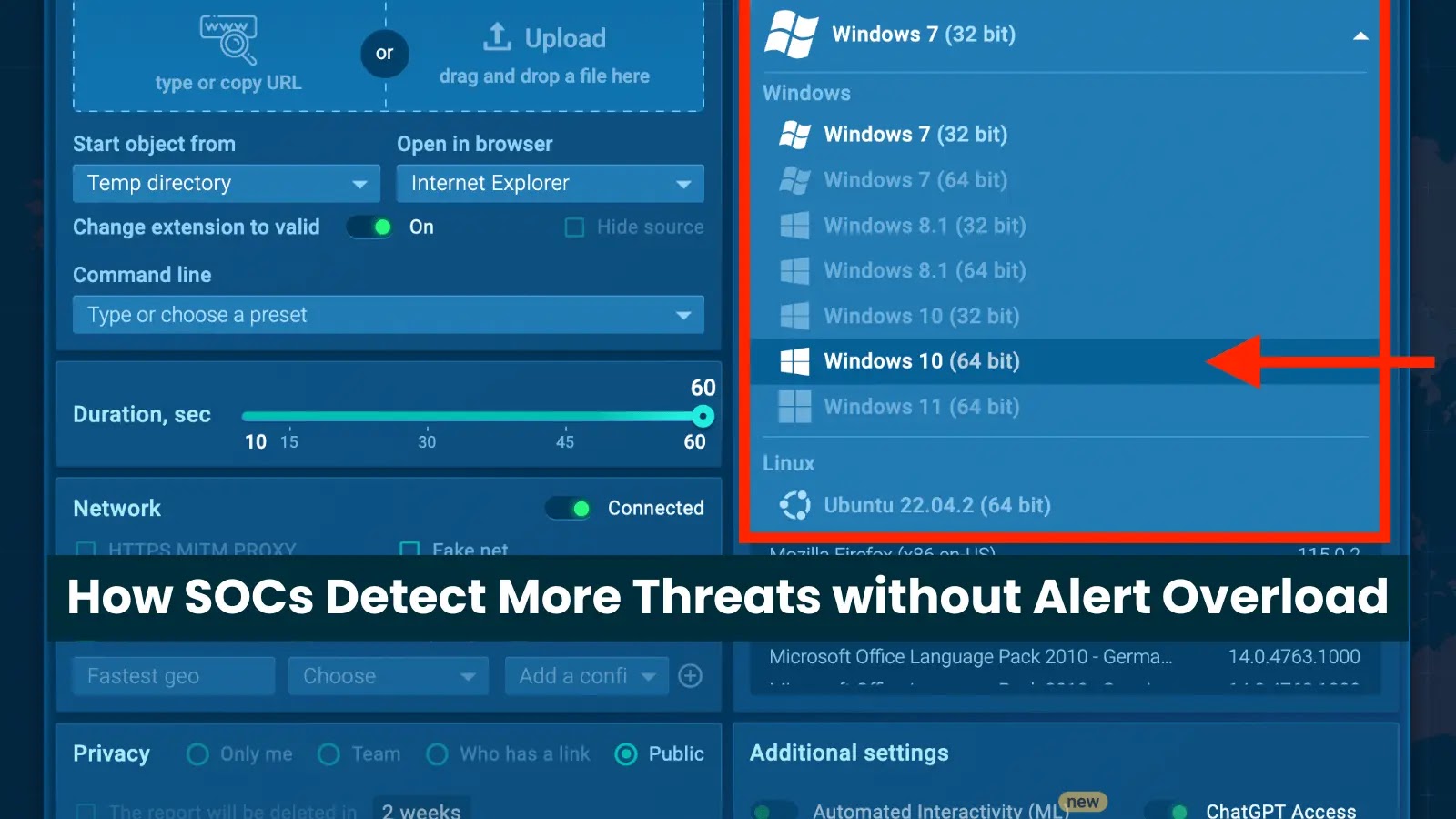Open VSX Registry Enhances Security Measures Following Token Exposure and Malicious Extensions
The Open VSX Registry, in collaboration with the Eclipse Foundation, has concluded a thorough investigation into a recent security incident involving the exposure of developer tokens and the publication of malicious extensions. This incident has prompted significant enhancements to the platform’s security protocols, aiming to fortify the Visual Studio Code (VS Code) extension ecosystem.
Incident Overview
The security breach was initially identified by researchers at Wiz, who discovered that multiple extension publishing tokens had been inadvertently exposed by developers in public repositories. These tokens are critical credentials that grant the ability to publish or modify extensions on the Open VSX platform. The exposure of such tokens posed a substantial risk, as unauthorized entities could exploit them to distribute malicious code.
Upon detection, the Open VSX team confirmed that a limited number of tokens associated with Open VSX accounts had been compromised. These exposures were attributed to developer oversights rather than any breach of the platform’s infrastructure. In response, all affected tokens were promptly revoked to prevent unauthorized access. This incident underscored the critical importance of secure credential management within the development workflow, highlighting how easily sensitive information can be unintentionally included in version control systems.
Understanding the Threat Landscape
In the wake of the token exposure, security researchers at Koi Security identified a coordinated malware campaign, dubbed GlassWorm, which exploited the leaked tokens to publish malicious extensions on the Open VSX platform. These extensions were engineered to steal developer credentials, thereby enabling attackers to further infiltrate the ecosystem. While initial reports likened this campaign to self-propagating worms such as the ShaiHulud incident on npm, Open VSX clarified that the malware did not autonomously replicate or spread across systems.
The campaign led to several malicious extensions being uploaded to the marketplace before their detection and removal. Open VSX acted swiftly to eliminate all identified malicious extensions and revoked or rotated the associated tokens without delay. It’s important to note that the reported download statistics, which included figures as high as 35,800 downloads, were inflated due to bot traffic and tactics employed by threat actors to artificially boost visibility. Consequently, these numbers may not accurately reflect the actual impact on users.
Security Enhancements and Preventive Measures
As of October 21, 2025, Open VSX declared the incident fully contained, with no indications of ongoing compromise or remaining malicious extensions on the platform. In response to the incident, the platform has implemented several key security improvements:
1. Token Management: The default validity period for tokens has been shortened to minimize the potential impact of any future exposures.
2. Revocation Processes: Workflows for token revocation have been streamlined to enable faster response times in the event of a security issue.
3. Automated Security Scanning: Automated scanning mechanisms have been deployed to detect malicious code patterns during the extension publication process, thereby preventing harmful extensions from reaching users.
Open VSX continues to collaborate closely with affected developers, ecosystem partners, and independent researchers to maintain transparency and reinforce preventive measures. This proactive approach demonstrates how security incidents, while disruptive, can drive meaningful improvements and establish stronger protections for the broader developer community relying on open-source extension marketplaces.



